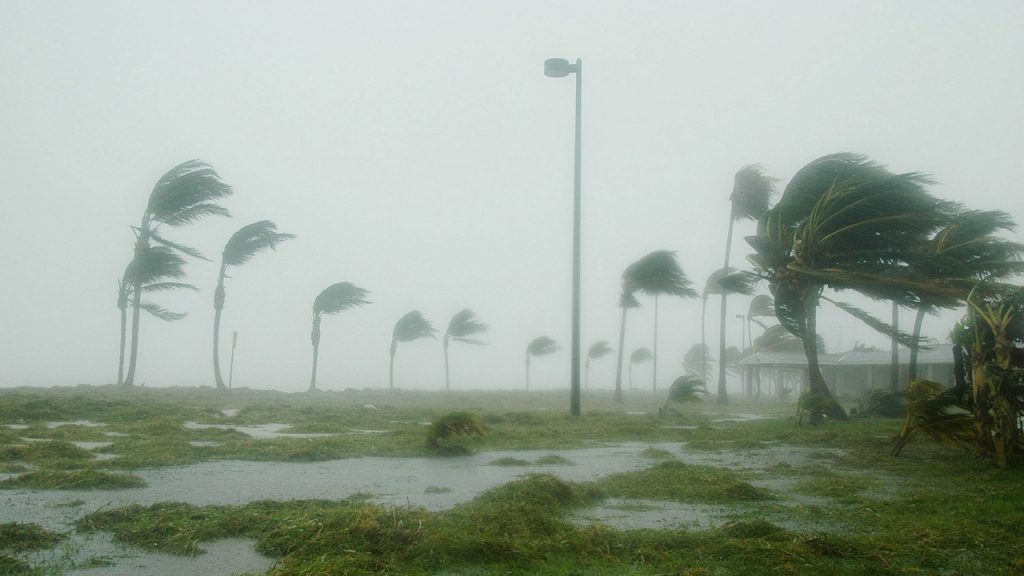
Storms more likely to intensify rapidly due to climate change
Climate change is increasing the probability that tropical cyclones rapidly grow into intense, damaging hurricanes in a few hours, according to a new study published in Nature Communications.
Links between human-caused global warming and the strength of storms have previously been suggested, but now, research shows how a warmer world is making storms transform rapidly into powerful hurricanes or typhoons in a single day, posing a huge challenge to weather forecasters.
The study, co-authored by National Centre for Atmospheric Science scientists, concludes that rising global temperatures are significantly increasing the rate of storms rapidly intensifying.
These stronger storms disproportionately risk lives and devastate homes and businesses, as Hurricane Ian did in Florida in September 2022.
Dr Alex Baker, National Centre for Atmospheric Science and the University of Reading, who co-wrote the study, explains:
“Hurricanes are natural events that have always been with us, and a rare few strengthen rapidly. We have discovered how increasing greenhouse gas emissions are making it much more likely that tropical storms rapidly turn into dangerous and less predictable cyclones, and this is happening globally.”
“In some cases, intense hurricanes develop overnight, and this rapid intensification leaves people living in their path little time to respond.”
“Communities need good early warnings to protect themselves and their property, so if more storms intensify rapidly, this makes evacuations and other emergency measures more difficult.”
Scientists used observations of storms from the past 40 years, alongside high-resolution computer models which simulate the atmosphere and oceans, to estimate how warming temperatures are affecting tropical cyclones.
Rising temperatures provide the right conditions for storms to become dangerous hurricanes as high humidity in the atmosphere and warmer sea-surface temperatures quickly lead to stronger winds, researchers found.
These are known as rapid intensification events. According to the scientists, global trends since 1982 have shown that environmental factors linked to rising temperatures have made these events more likely.
They found these trends are unlikely to have been caused by natural variations in climate, and that continued global warming could lead to the process continuing further – with grave consequences for coastal communities and nations that are vulnerable to tropical storms.
The research team involves the National Centre for Atmospheric Science, University of Reading and academics in the United States.
